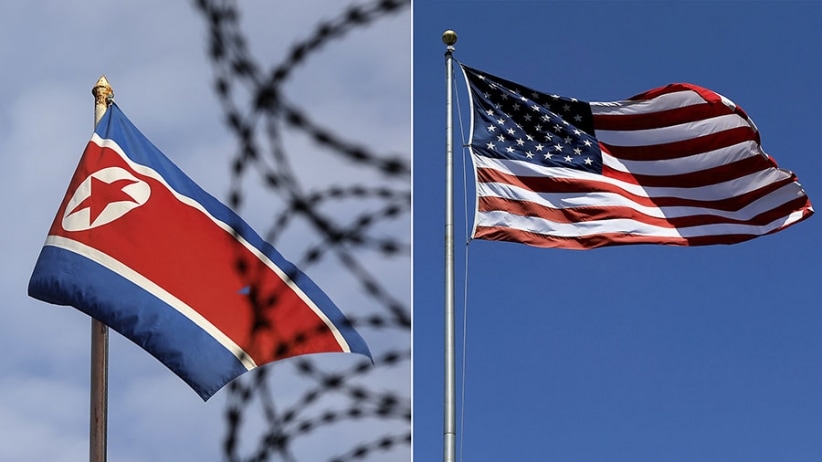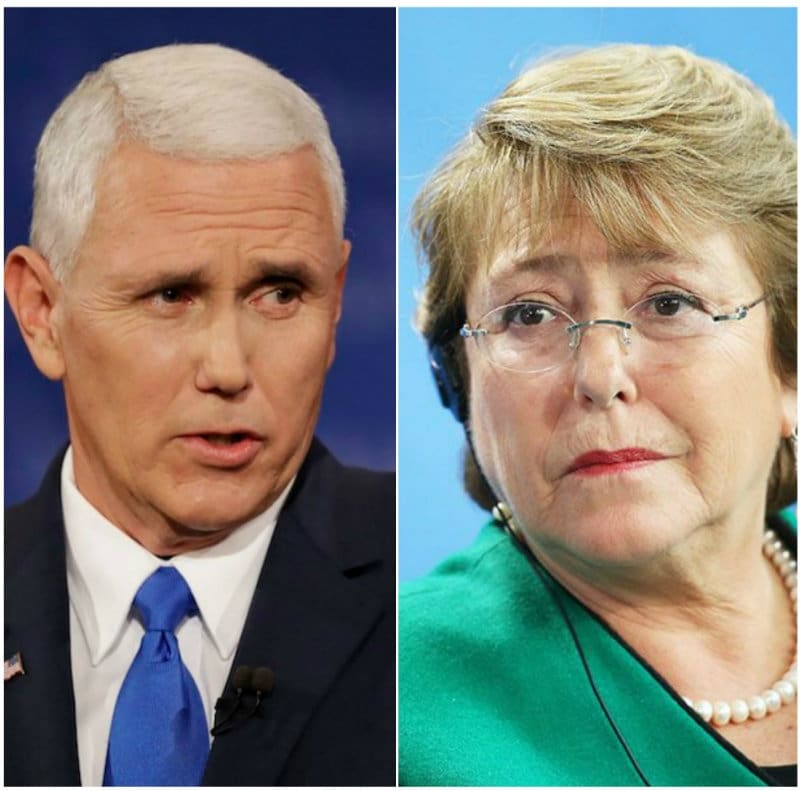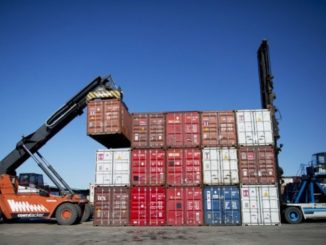
Last week, Kim Jong Un must have had a blast as North Korea slid into the spotlight of global politics. For Washington ‘the era of strategic patience’ ended, Mr. Kim threatened to respond with a ‘super-mighty pre-emptive strike’.
Contrary to US intervention in the Middle East, which carries little cost, sorting out North Korea, as Mr. Trump boasted before, is more complex. China claims the title of regional hegemon, who may yet be unable to define the rules, but who’ll have a stake in the Korean Peninsula. Someone in the Trump administration (unlikely the president himself, who daftly keeps pushing China) seems to understand the perilous dynamics, or else the Carl Vinson carrier group would have arrived at Korean Peninsula, as stated and not 3,000 miles away, as actually happened. South Korea, permanently in North Korea’s crosshairs, was consternated, but better wrong-foot a committed ally than provoking a potent foe.
Sending troops to the region could indeed cause devastating war. Doubtless, Mr. Kim would vanish quickly under attack of the powerful US military, but that wouldn’t amount to victory. Robert K. Tan, citing from the politburo mouthpiece China Daily, described four outcomes Beijing would under no circumstances accept: military presence across the Yalu River, possible nuclear contamination from North Korea, refugee inflow, and the possibility of an anti-China government in Pyongyang. The Kim dictatorship represents China’s best bet to prevent any of these, so even if Beijing hasn’t got total influence in North Korea, the current constellation favours a changing status quo on China’s terms only. Were the US to intervene, China would act militarily to avoid any of the four no-nos and deny growing US influence. To deescalate the US would have to cede ground and risk being perceived as China’s lapdog who disciplines in an unruly ally. Worse for Mr. Trump, compromise wouldn’t give him the accolades of the liberal press he so craves, and which he gets by using force as he learned from the retaliatory strike in Syria.
Both realists focussing on Chinese interests and North Korean nukes, and liberals promoting democracy forget that South Korea and Japan, although being adversaries of China, basically benefit from the current architecture. They want the nukes gone but not North Korea, which is currently locked away behind Chinese trade and US bases, but intervention could induce a regime change no one wants.
In Japan’s and South Korea’s equation power political and economic considerations dominate. Korean reunification would weaken Korea at least for a generation, which Japan’s revisionist government would exploit to push more aggressively it’s neo-imperial project and further heighten Chinese fears of waning influence. Moreover, as weak as a reunified Korea might be for a while, it nonetheless represents the prospect of a future actor that could dominate Japan and give China headaches.
To get an idea of the challenges reunification would present, Germany serves as vivid example. German reunification remains incomplete even after 28 years, costs hit around US$ 1.7 trillion in 2010 and would be likely higher for Korea. It also entrenched two almost separate identities (colloquially dubbed Wessis and Ossis), caused the loss of accomplishment and personal history for numerous people, uprooted the political landscape and required a complicated reconfiguration of the entire bureaucratic apparatus. Economic benefits are only beginning to materialise, and are significantly a result of EU redistribution policy and the single market — nothing similar exists in Asia.
Also, it’s forgotten now, but East Germans were actually well educated, especially key professions like engineers, and the population in general was quite healthy, which was a result of free healthcare literally from cradle to grave. East Germans were adamant to kick off revolution because they had a concrete, if idealised, notion of life beyond the Iron Curtain, which they gleaned from West German TV. Consuming these media was technically illegal but factually common. But although North Koreans, under threat of imprisonment or worse, cherish pirated Western movies this communication channel is a far cry from the East German case. Furthermore, North Koreans hardly receive education and healthcare, making it difficult to absorb them into South Korea’s high-tech economy. Retraining East Germans after reunification didn’t always succeed, causing frequent long-term unemployment. Yet, the social security system avoided mass impoverishment and subsequent reforms eventually brought unemployment down. But North Koreans couldn’t count on a similar system, and a ensuing hardship would damage the social fabric. Even without the potentially dangerous external power shift Korean reunification would impose, South Korea doesn’t want to assume the sacrifices necessary for such an endeavour.
Although Chile doesn’t yet have a direct stake in these developments, it should pay attention because the situation will shape the Asian relations for the next years. If China succeeds it will have even more influence, which certainly will reflect in any negotiations. If China fails Chilean diplomacy will face a vastly more complex scenario, in which it will have to reevaluate the Asian balance of power, taking into account the interests and fears of these three countries. The results must inform not only Chile’s trade and foreign policy, but Antarctic policy as well.
— The views expressed by this writer and commenters below do not necessarily reflect the views and policies of the Santiago Times.



